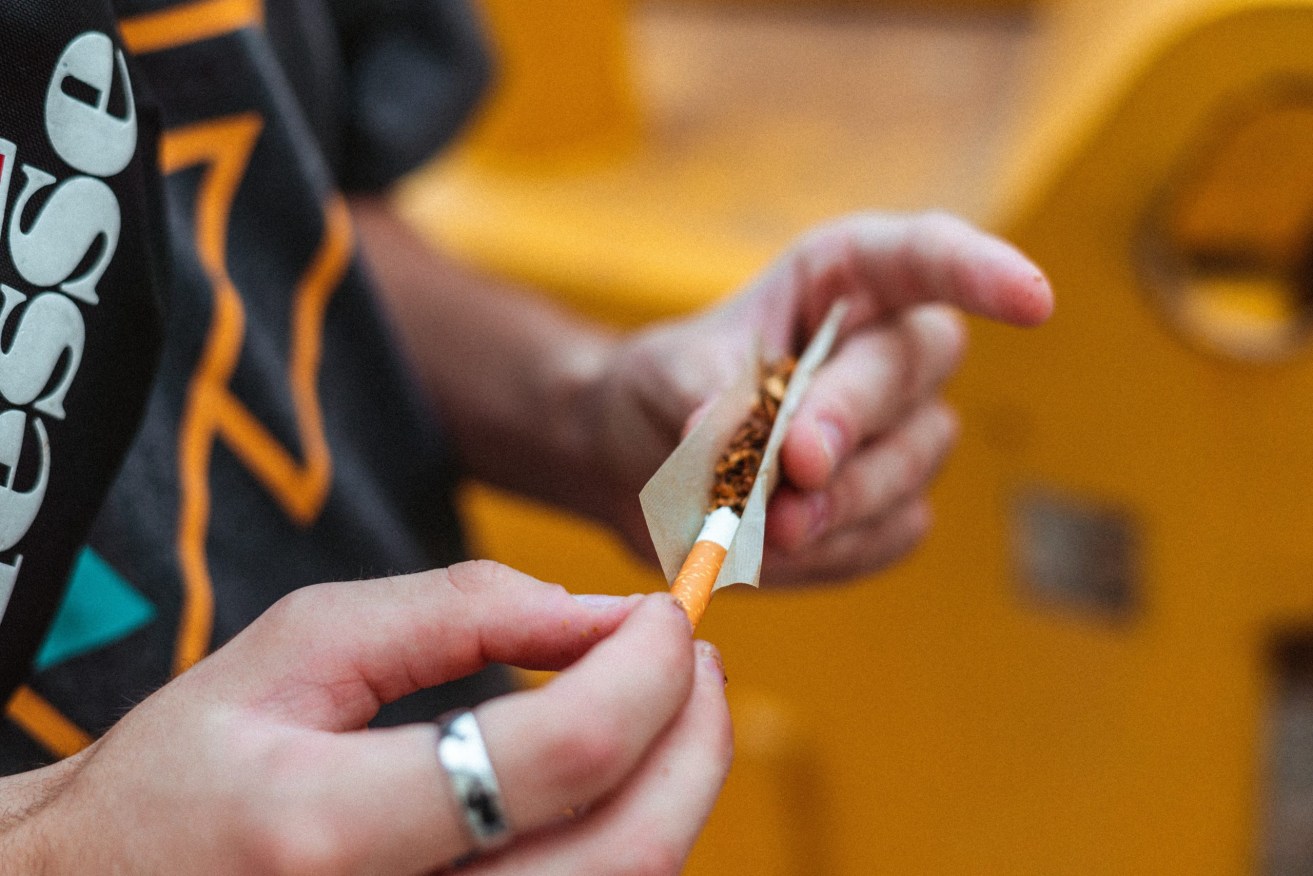Call to delay controversial SA youth drug program
A group of drug, mental health, human rights and child protection experts have called on the State Government to delay trialling a contentious drug treatment program on detained children following warnings it could breach human rights standards.

The researchers, non-government organisations and a Mental Health Commissioner have written to SA Health to “strongly urge” the Government to consult further on its planned Youth Treatment Orders program, which would give the Youth Court the power to detain a drug-dependent young person against their will to receive treatment.
The State Government has proposed that children detained at the Kurlana Tapa Youth Justice Centre at Cavan would be the first to be subjected to the treatment under an Australia-first trial.
A review would then be conducted into the program’s effectiveness at the centre before it is rolled out to the broader community.
According to a government document outlining a draft model of care for the program, there is “limited evidence available to support mandatory drug treatment for children”.
But it stated that the program would offer parents an “additional option” when children refuse to seek help voluntarily, are a danger to themselves or others or if there are no other appropriate and “less restrictive” options available.
In their letter, SA Mental Health Commissioner Sharon Lawn, alongside representatives from the SA Network of Drug and Alcohol Services, Mental Health Coalition of SA, Child and Family Focus SA, Lived Experience Leadership & Advocacy Network and Rights Resource Network SA wrote that they shared “united” concerns that the program could cause harm to the community.
They wrote that the Government had failed to consult widely on the proposed program and had not yet spoken to the young people who would likely be subjected to the orders “without their consent and on an experimental basis”.
“We strongly urge the Government to delay the commencement of this phase until further consultation has occurred and revisit the design of the scheme to ensure the rights and interests of the children and young people subject to these orders are more robustly protected,” they wrote.
According to the group, the proposed treatment program contradicts principles set out in the Convention on the Rights of the Child and the United Nations Standard Minimum Rules for Treatment of Prisoners.
United Nations standards stipulate that “juveniles shall never be testees in the experimental use of drugs and treatment”.
The group said the draft model of care did not outline what kinds of treatment children would receive under the program, or the support that would be provided to them while they are detained.
Health Minister Stephen Wade previously said that mandatory drug treatment would only be used as a measure of “last resort” for children who do not seek help voluntarily.
But in their letter, the experts wrote that there were “currently insufficient resources” to provide voluntary treatment options for children in South Australia.
It follows similar concerns from South Australia’s Commissioner for Children and Young People Helen Connolly, Commissioner for Aboriginal Children and Young People April Lawrie, Youth Training Centre Visitor Penny Wright, the Youth Affairs Council of SA and the SA Council of Social Service (SACOSS).
InDaily asked Drug and Alcohol Services SA when it intended to launch the program and how it responded to the request for it to be delayed.
A spokesperson said SA Health was currently reviewing all of the submissions and feedback provided as part of a consultation on the draft model of care.
“This feedback will be thoroughly considered to inform the next steps for this program,” the spokesperson said.
SA Health is yet to reveal the program’s cost, where children who are not already detained at Kurlana Tapa would receive treatment once it is rolled out to the broader community, or how many young people are likely to face court orders.
The program was a key Marshall Government election promise, but despite legislation passing parliament in 2019 with the support of the Opposition, the program is yet to be enforced, with SA Health citing the COVID-19 pandemic as the reason behind the delay.




